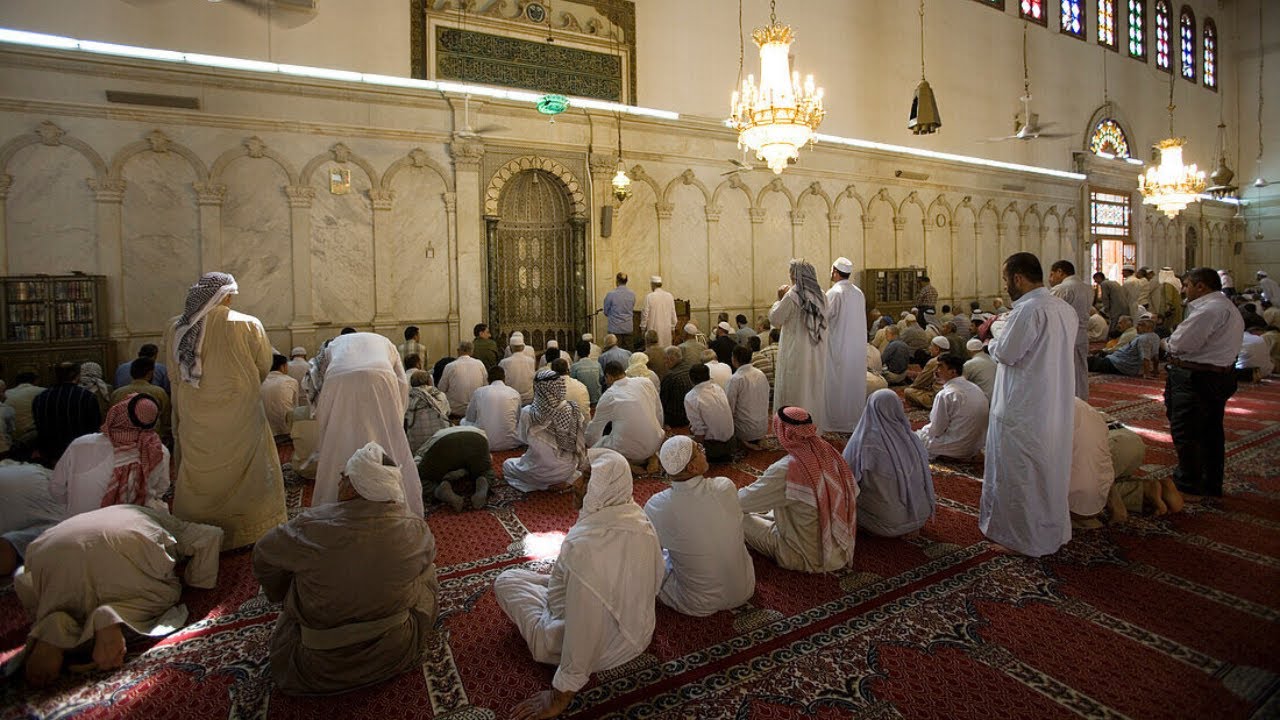President Yoweri Tibuhaburwa Museveni addressed the nation at Kololo, reminding Ugandans, particularly the younger generation, of Uganda’s historical missions, the principles of the National Resistance Movement (NRM), the progress made, and the challenges ahead.
In his 2024 State of the Nation Address, Museveni fulfilled the Constitutional requirement under Article 101 (1). He reiterated the three historical missions and the four principles of the NRM, evaluating the distance covered and the obstacles on the path to transformation. He recounted the origins of the NRM, initially a student movement drawing elements from older political parties that misused identity politics.
Museveni stated that Africa needed to pursue three historical missions for survival and prosperity: economic prosperity, strategic security, and leveraging African brotherhood. He emphasized that prosperity could not be achieved through foreign aid but through sustainable production and market engagement, leading to the first NRM principle, Patriotism—loving Uganda for its market potential.
He explained that people from the same tribe or locality often produce similar products, limiting local market potential. Therefore, promoting sectarianism hinders wealth creation. This understanding led to the second NRM principle, Pan-Africanism, which emphasizes the need for broader regional markets beyond Uganda’s borders. He cited examples of Uganda’s surplus production in sugar, milk, and cement, which found markets in East and Central Africa, supporting the importance of Pan-Africanism.
The third NRM principle is socio-economic transformation through universal education and wealth creation, encouraging all families to join the money economy. The fourth principle is democracy, empowering people for genuine growth rather than cheap popularity.
Museveni outlined Uganda’s economic journey through five phases since 1986, including minimum economic recovery, expansion of the colonial enclave economy, diversification through commercialization, adding value to raw materials, and moving towards a knowledge economy. These efforts have grown the economy from USD 1.5 billion in 1986 to USD 55 billion by the forex exchange method and USD 180.29 billion by the PPP method, achieving lower middle-income status.
However, trade barriers within the East African Community (EAC) remain, hindering prosperity. Museveni called for the removal of these barriers to fully implement common market and customs union protocols. He stressed the importance of a united African market for negotiating global market access.
Internally, the government promotes socio-economic transformation through education and wealth creation in commercial agriculture, manufacturing, services, and ICT. Government grants and soft loans support wealth creators in these sectors, especially low-income individuals. More empowered actors are encouraged to borrow from the Uganda Development Bank (UDB).
Museveni emphasized the second historical mission of strategic security for Africa, pointing out that economic prosperity alone does not ensure security. He cited examples from World War II, where smaller, developed countries were vulnerable. He stressed the importance of size and development for strategic security, mentioning Uganda’s limited but essential space program for overhead observation and communication.
Finally, Museveni highlighted the need for political integration as part of Pan-Africanism, following the vision of African revolutionary leaders like Kwame Nkrumah and Mwalimu Nyerere. He advocated for regional political federations to facilitate economic integration and ensure comprehensive security and prosperity for Africa.




















